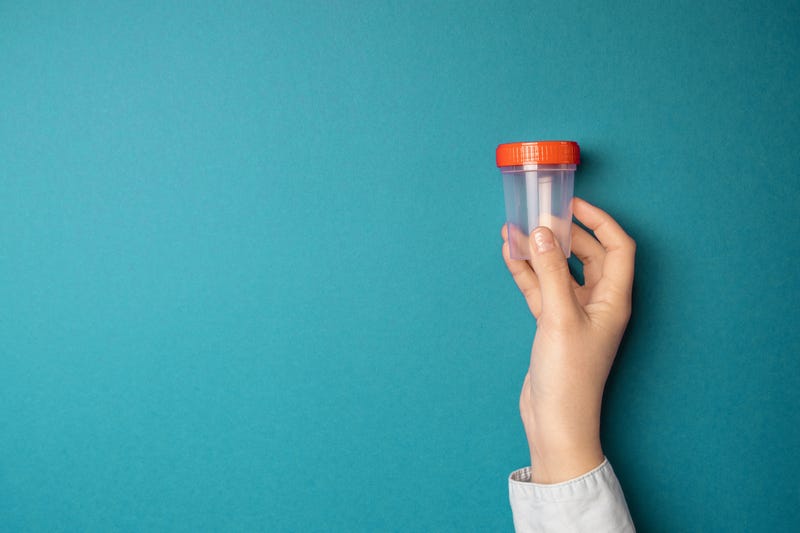What you need to know:
• According to the National Institutes of Health, 11% of women of reproductive age in the U.S. have faced reproductive problems.
• The NIH also reports that married Black women have almost twice the odds of infertility as married white women.
• On top of these statistics, since the pandemic started there has also been a shortage of Black sperm donors.
• This shortage has pushed couples who want kids to look for sperm in other, less conventional places like Facebook.

What the experts are saying:
• Dr. Michael J. Thomas, a professor and chair of the Department of Obstetrics and Gynecology at the University of Cincinnati College of Medicine, says that there is a long history of mistrust between people of color and the medical community.
• The mistrust does not only impact sperm donations, but it impacts egg donations and organ donations too.
• He confirms that sperm banks are the most efficient ways for couples struggling with infertility to find donors, but he acknowledges that the lack of diversity among donors will have long-term effects.
• He says, “We put our female partners through a lot. They have to get their tubes flushed. They have to draw lots of blood. They have to do lots of procedures. And all we ask is for a man to go in a room with a magazine and a cup, and they refuse."
On this latest episode of Beyond Black History Month, listen as we examine all steps of the fertility process through the lens of a person who struggled to find a donor whose ethnicity matched her and her spouse.
We interview a sperm bank manager and Dr. Thomas to see why this shortage matters and if anything can be done about it.
